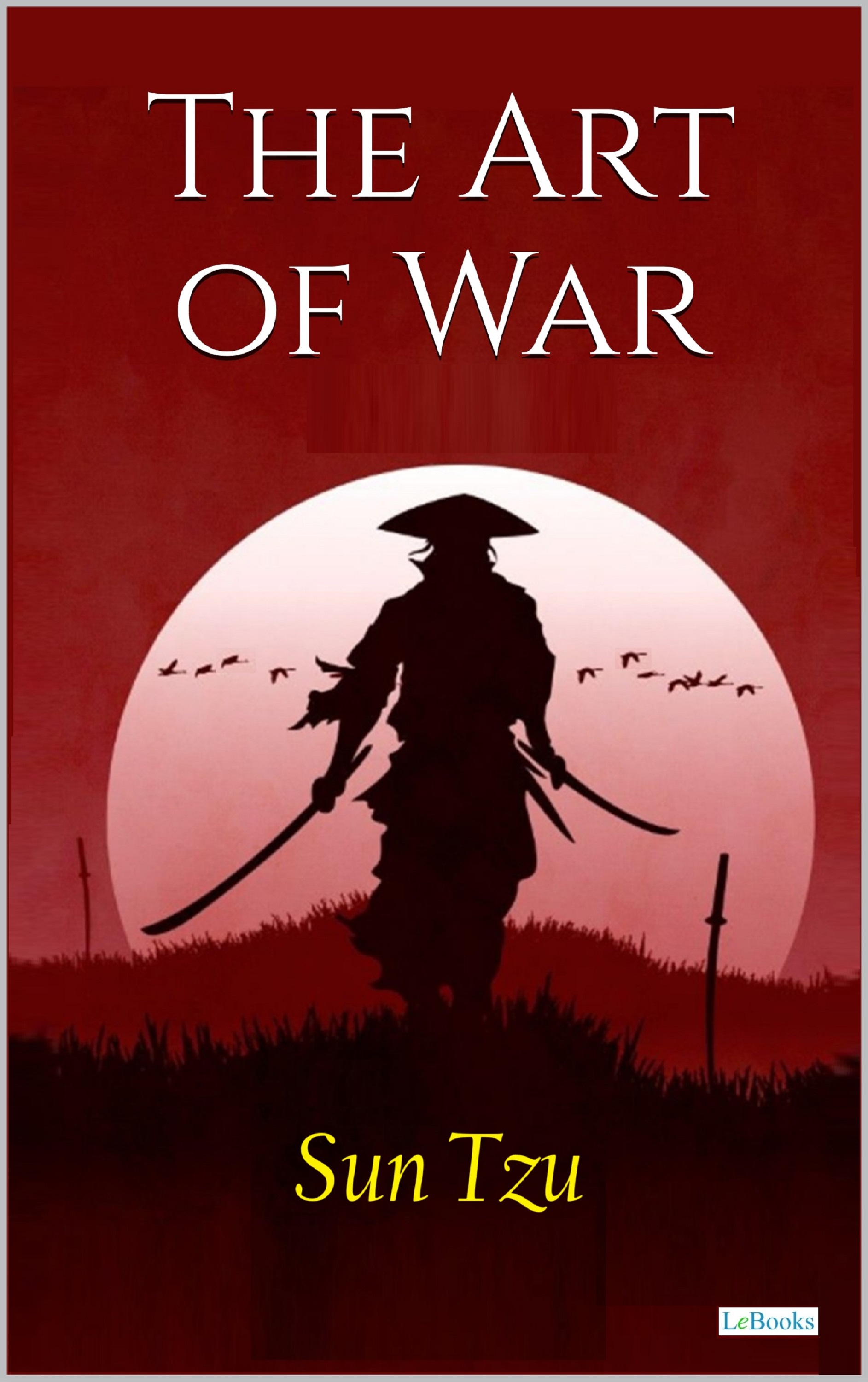
The Art of War is a timeless treatise on strategy, leadership, and the principles of warfare, offering profound insights applicable far beyond the battlefield. Attributed to the ancient Chinese general Sun Tzu, the text emphasizes the importance of preparation, adaptability, and understanding both oneself and one's adversaries. Its teachings extend to various aspects of life, including business, politics, and personal growth, highlighting the value of strategic thinking and the art of winning without unnecessary conflict.
Since its inception over two millennia ago, The Art of War has been revered as a foundational work in military strategy and philosophy. Its concise yet profound principles, such as the necessity of knowing "the enemy and yourself," resonate across cultures and eras, ensuring its status as a universal guide for decision-making and conflict resolution. The treatise explores themes of discipline, deception, and the balance between strength and subtlety, providing a framework for navigating challenges effectively.
The enduring appeal of The Art of War lies in its adaptability to diverse contexts, from corporate strategies to personal endeavors. By focusing on foresight, resourcefulness, and the ethical dimensions of leadership, Sun Tzu's work invites readers to reflect on the essence of victory and the paths to achieving harmony amid competition. Its timeless wisdom continues to inspire individuals and leaders worldwide, offering guidance in navigating the complexities of human endeavors